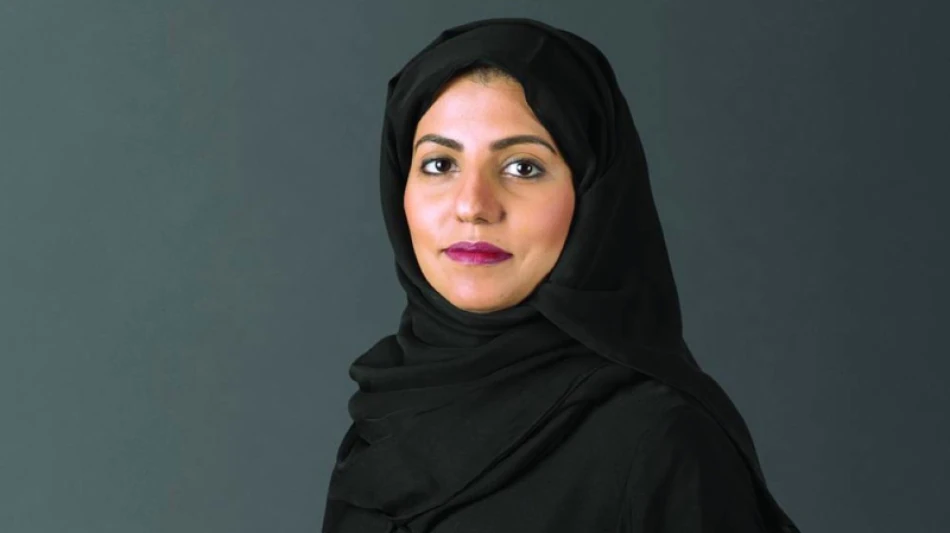
Dubai Metro Upgrades with 12.7K Energy-Efficient Lighting Installations for Enhanced Commuter Experience
Dubai's Transport Authority Achieves Major Energy Efficiency Milestone in Metro System Overhaul
Dubai's Roads and Transport Authority (RTA) has completed the second phase of its ambitious energy conservation project, installing nearly 20,000 LED lighting units across metro stations and facilities. The initiative has already generated 16.7 million kilowatts in energy savings over two years, translating to AED 7.6 million in cost reductions while supporting the emirate's broader sustainability goals.
Strategic Energy Reduction Targets Drive Infrastructure Modernization
The RTA's comprehensive energy efficiency program aims to reduce overall energy consumption by 30% by 2030, positioning Dubai as a regional leader in sustainable public transportation. Mona Al Aseemi, Executive Director of Strategy and Corporate Governance at RTA, outlined how the LED conversion project represents a cornerstone of this strategy, affecting both the Red and Green metro lines.
The technical specifications reveal the project's sophistication: LED units convert approximately 95% of consumed energy into light, wasting only 5% as heat. This efficiency ratio significantly outperforms traditional lighting systems and demonstrates Dubai's commitment to adopting cutting-edge energy technologies in public infrastructure.
Phased Implementation Delivers Measurable Results
The project's structured approach began in 2021 with Phase One, replacing 7,200 energy-efficient lighting units and saving nearly 5 million watts within the first year. Phase Two expanded this success, installing 12,768 additional units that generated equivalent energy savings while reducing carbon dioxide emissions by 5,141 tons annually.
These carbon reduction figures place Dubai's metro system among the more environmentally progressive transit networks globally, competing with similar initiatives in Singapore's MRT system and London's Underground modernization programs.
Solar Integration Expands Renewable Energy Footprint
Beyond LED conversion, the RTA has installed solar energy systems across 22 buildings, targeting net-zero emissions for public transportation by 2050. This timeline aligns with Dubai's Clean Energy Strategy 2050 and the integrated Energy Strategy 2030, creating synergies across municipal sustainability initiatives.
The solar installations span diverse facilities including bus shelters in Al Qouz, Al Khawaneej, and Al Ruwayyah areas, passenger stations in Al Satwa and Oud Metha, and maintenance workshops in Al Muhaisnah. Real-time monitoring systems provide live operational data from each location, enabling predictive maintenance and performance optimization.
Projected renewable energy output reaches 32 million kilowatt-hours annually, potentially reducing carbon dioxide emissions by 10,000 tons per year.
Broader Operational Efficiency Initiatives Show Substantial Impact
The RTA's energy efficiency efforts extend beyond lighting and solar power. Since 2012, the authority has implemented comprehensive operational improvements, with 37 initiatives launched in 2024 alone. These programs achieved remarkable resource conservation: 128 gigawatts in electricity savings, 36 million liters of fuel reduction, 16 million imperial gallons of water conservation, and 148,000 tons of carbon dioxide equivalent emissions prevented.
These figures suggest Dubai's transport authority is operating with efficiency metrics that rival or exceed those of established sustainable transit systems in cities like Copenhagen, Amsterdam, or Vancouver.
Market and Investment Implications
Dubai's systematic approach to transport sustainability creates potential opportunities for energy technology suppliers, particularly LED manufacturers and solar installation companies. The project's success may influence procurement decisions across other Gulf Cooperation Council countries, where similar urban transit expansion is planned.
For investors focused on ESG criteria, Dubai's measurable progress toward carbon neutrality in public transportation represents tangible policy implementation rather than aspirational targets. The documented cost savings and emissions reductions provide quantifiable metrics for evaluating the emirate's sustainability commitments.
The integration of renewable energy systems with existing transport infrastructure also positions Dubai as a testing ground for scalable urban sustainability solutions, potentially attracting clean technology partnerships and international development financing for future phases.
Most Viewed News

 Sara Khaled
Sara Khaled






